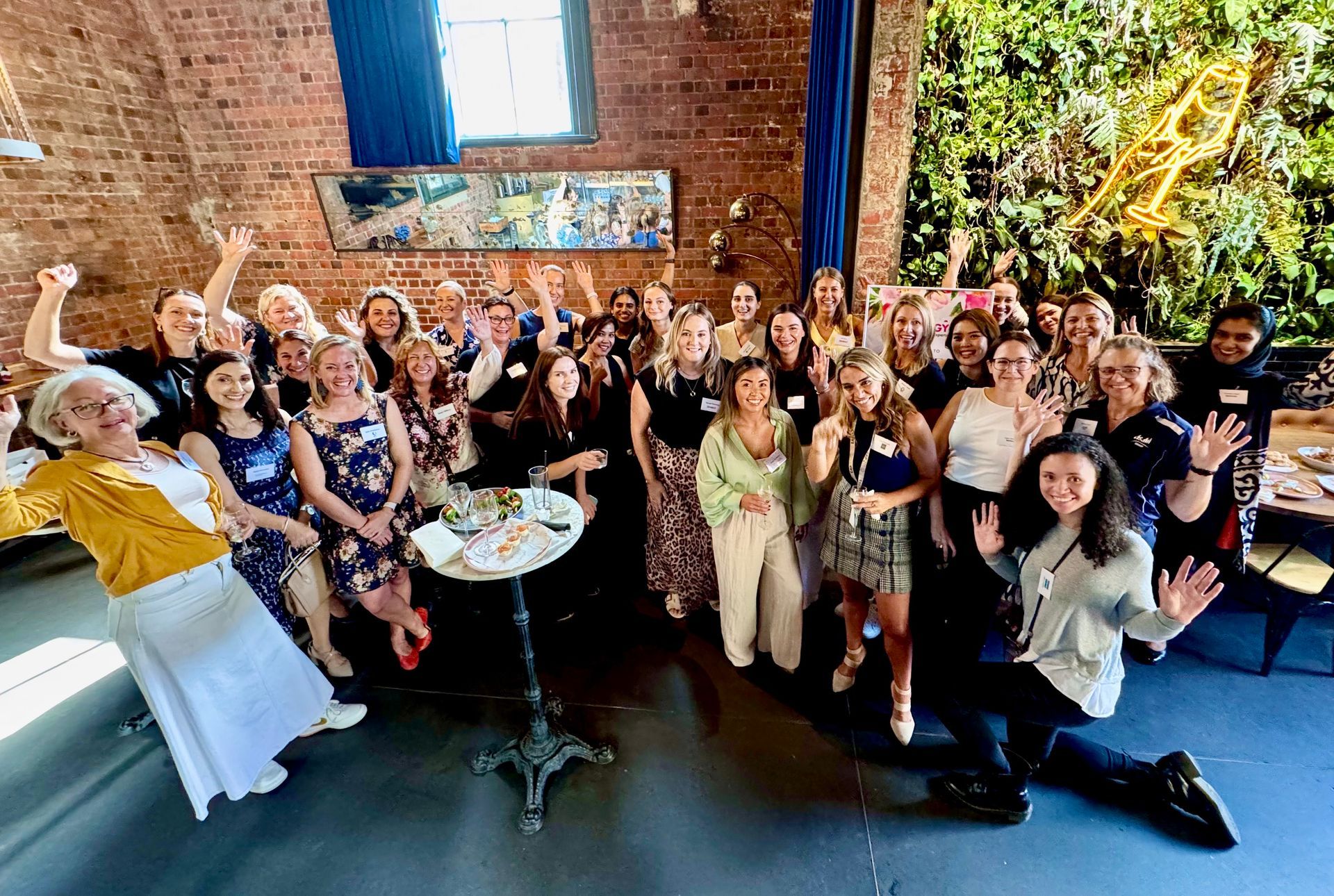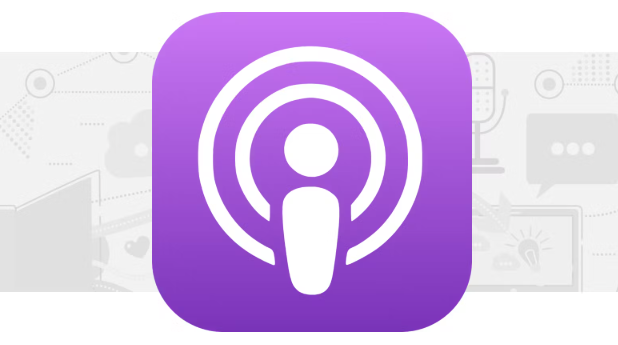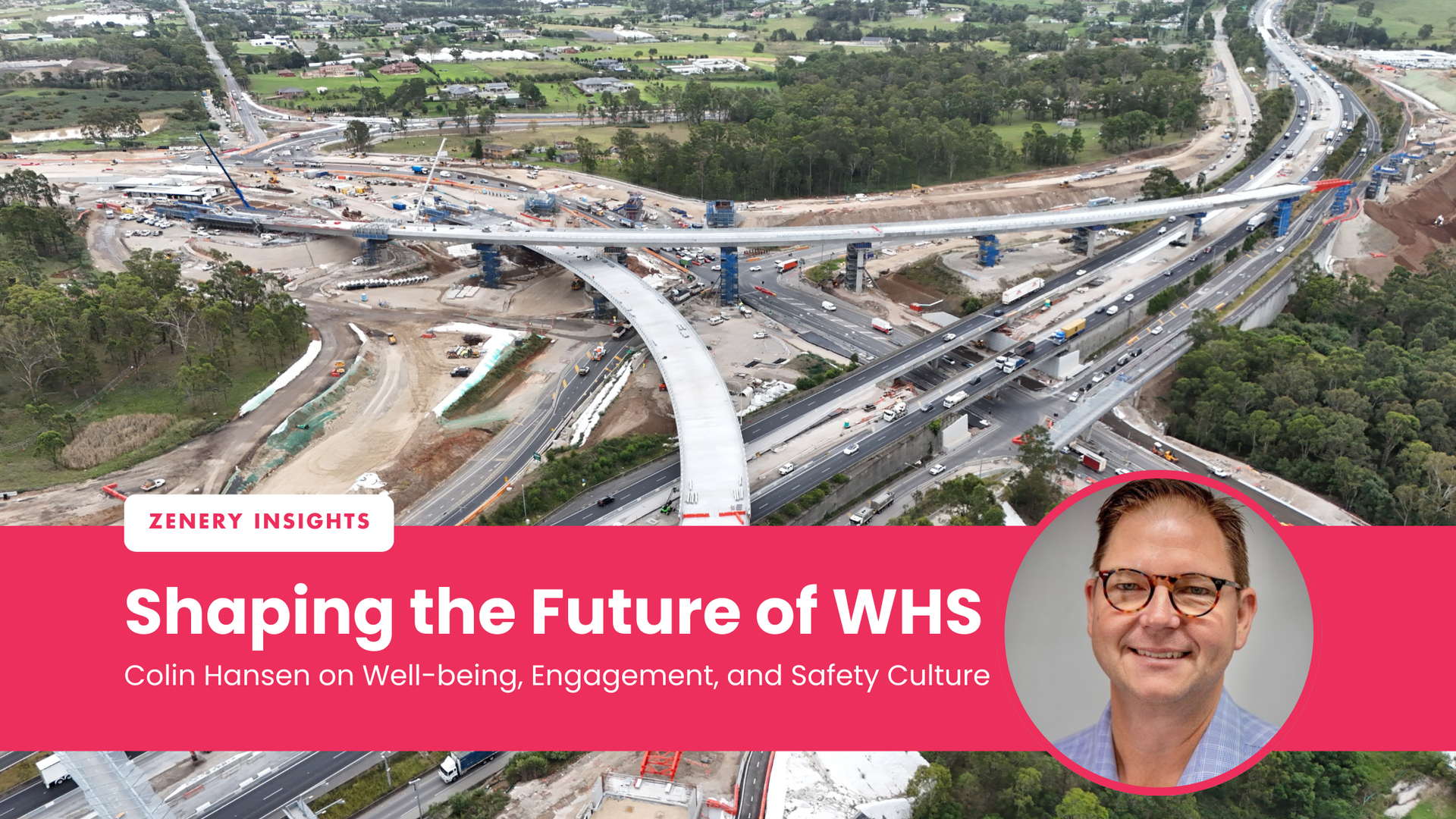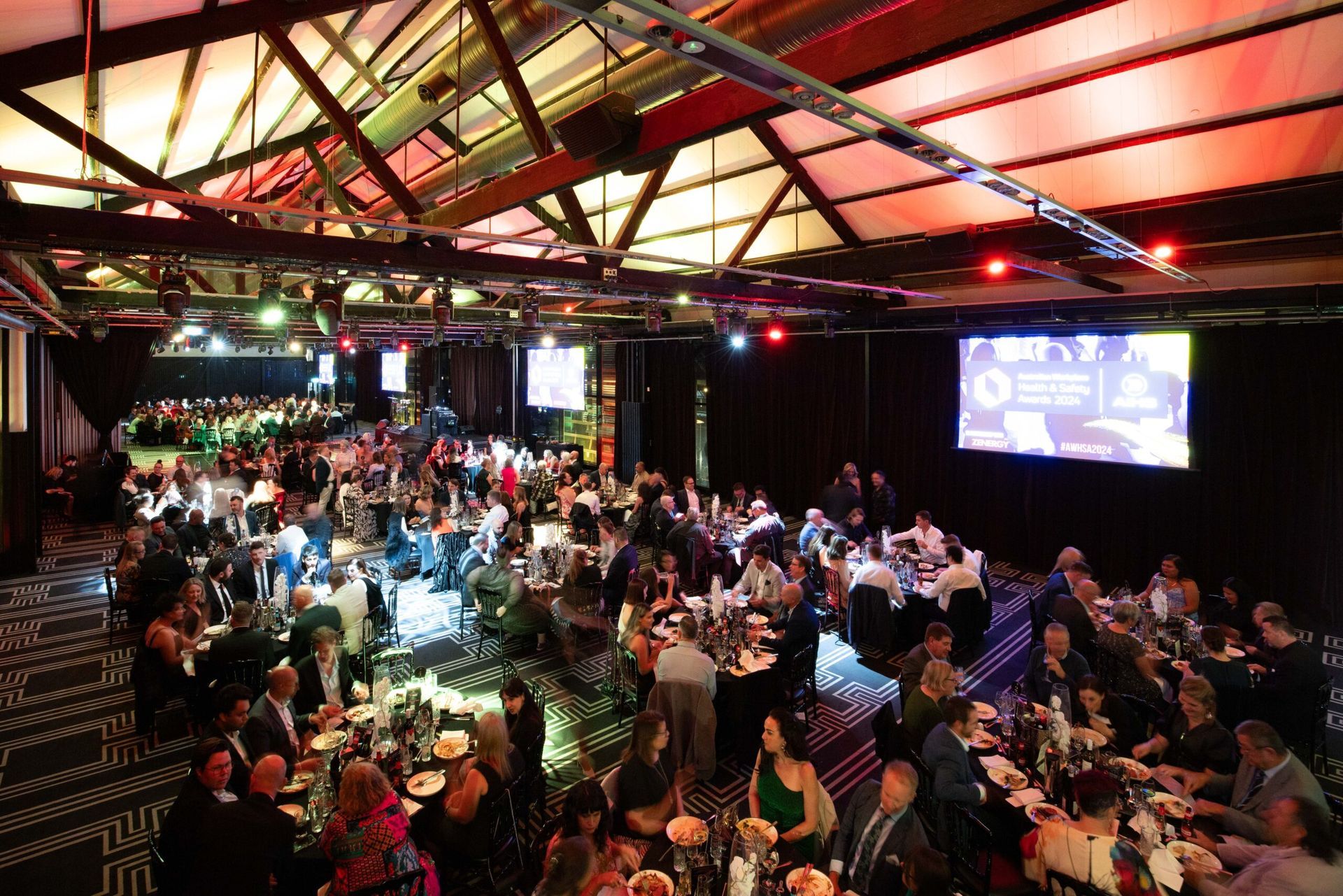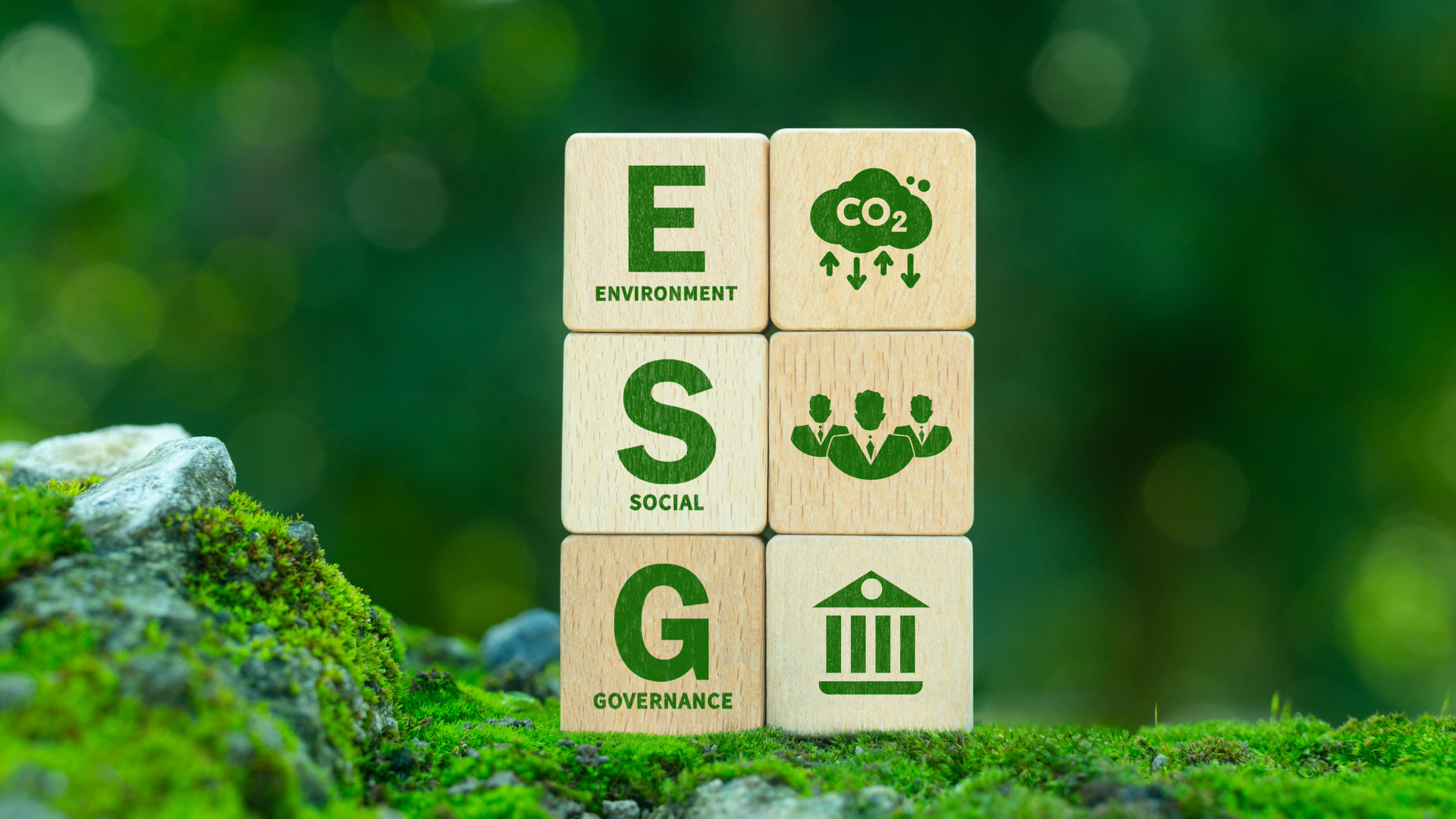Zenergy Insight Series - Pete Zmuda (West Gate Tunnel Project)

Pete Zmuda- West Gate Tunnel Project
The Zenergy Insights series, now in its 5th year, is an interview series where we highlight and profile leaders in the health, safety & sustainability industry in Australian workplaces.
The Zenergy Safety Health & Sustainability team sat down with Pete Zmuda.
Pete, thanks for taking the time to answer some of our questions to share your views with our readers. To get things into perspective as to who you are, and how you fit in, you are the new Safety Director for the West Gate Tunnel Project, a 10 Billion Dollar Infrastructure project in West Melbourne. Tell me a bit about what that involves?
The West Gate Tunnel Project includes twin tunnels and an elevated motorway connecting the West Gate Freeway with the Port of Melbourne, CityLink and the city. It provides an alternative crossing of the Maribyrnong River to the West Gate Bridge and also involves upgrades to the road connections and the widening of the West Gate Freeway from the M80 Ring Road and Princes Freeway to Williamstown Road. I’ve recently taken on the role of Safety, Health, Environment and Training Director for the West Gate Tunnel Project and in addition to those functions I also take ownership of the project’s sustainability and permit teams. It’s a big job on a mega-project and I’m fortunate to have an amazing team to help deliver our part of a city changing infrastructure project.
As general overview, how did you end up getting into the WHS space as a professional in the first place and what kept you in it?
My interest in safety started when I took on a role as a Health and Safety Representative whilst working at the Animal Welfare League NSW. With that new-found interest and having a background in investigations, I landed a role as an investigator with Comcare and later a role with a large construction company as a Safety Advisor. Construction and infrastructure projects are amazing to be a part of in that you’re able to transition across industries to deliver different projects and keep learning along the way. I’ve been lucky enough to work across rail, roads, water jobs, heavy civil with drill and blast, commercial construction and others as well as moving into more corporate roles. It’s this constant change and continually learning that keeps me engaged and it’s always the people you work with that keep you in the job.
What have you found to be the biggest learning experience since starting your career in Safety?
Trying new things and pushing yourself outside your comfort zone is where the learning happens for me, but that’s probably the obvious answer. I’ve worked for and with some amazing people from whom I’ve learnt a great deal on my way up in my career and now I’m continuing to learn from the younger generations around me on what matters to them and what they need from a manager and leader. So, there’s something to be said for sticking with a manager and team you’re comfortable with, but gaining exposure to as many different people, styles, opinions and values offers more opportunity for you to learn and grow.
There is quite a lot of moving parts, and of course various risks involved in a mega project like the WGTP, how have you kept the team onboard with Safety, and keeping Safety a focus?
I’m fortunate that I’ve taken on a role from others that have set the project up to be in a good space and with a leadership team and broader supervisory team that has a real focus on safety and critical risks. In general, it’s easy to overload the team with Safety, Health and Environment stuff. The trick is to influence the culture with clear communications, setting high standards, challenging teams to improve and providing the support necessary for the teams to effectively manage risks. One of my favourite managers once said to me, ask yourself does it make it safer? If the answer is no, why are we doing it?
As someone with many years of experience within the industry, and exposure across some great talent, what do you look for with new recruits?
We can teach the technical elements of good SH&E management, but a good work ethic and the emotional intelligence to build effective and influential working relationships is much harder to find in a person you don’t know.
What suggestions or advice would you have for people trying to get into the industry?
There are probably two things. Firstly, it’s your reputation that’ll get your foot in the door not what you know, so get yourself in front of as many people as you can. It’s a very small industry. Get to networking events, attend the AIHS forums, put yourself out there and the right manager will recognise potential and your work ethic and give you a go. Secondly, don’t let imposter syndrome get you. Back yourself. Confidence will take you a long way as long as it’s with a healthy dose of humility.
How do you find balance in your week, considering career and life, and what's your go to, to switch off?
I have mixed feelings about this question. Work-life balance, work-life integration and all of these types of phrases seem loaded to me. Right now, I love my work and I don’t really feel a need to switch off but when times are stressful, I do have a few of ways to keep on top of that. Every night my wife and I walk the dog and decompress about our day – it’s not about fixing each other’s problems, just having an opportunity to vent knowing that we each understand what is going on is our lives makes a huge difference. Chuck in some good food, good company and being as active as I can in a very busy schedule helps find the right balance that is right for me.
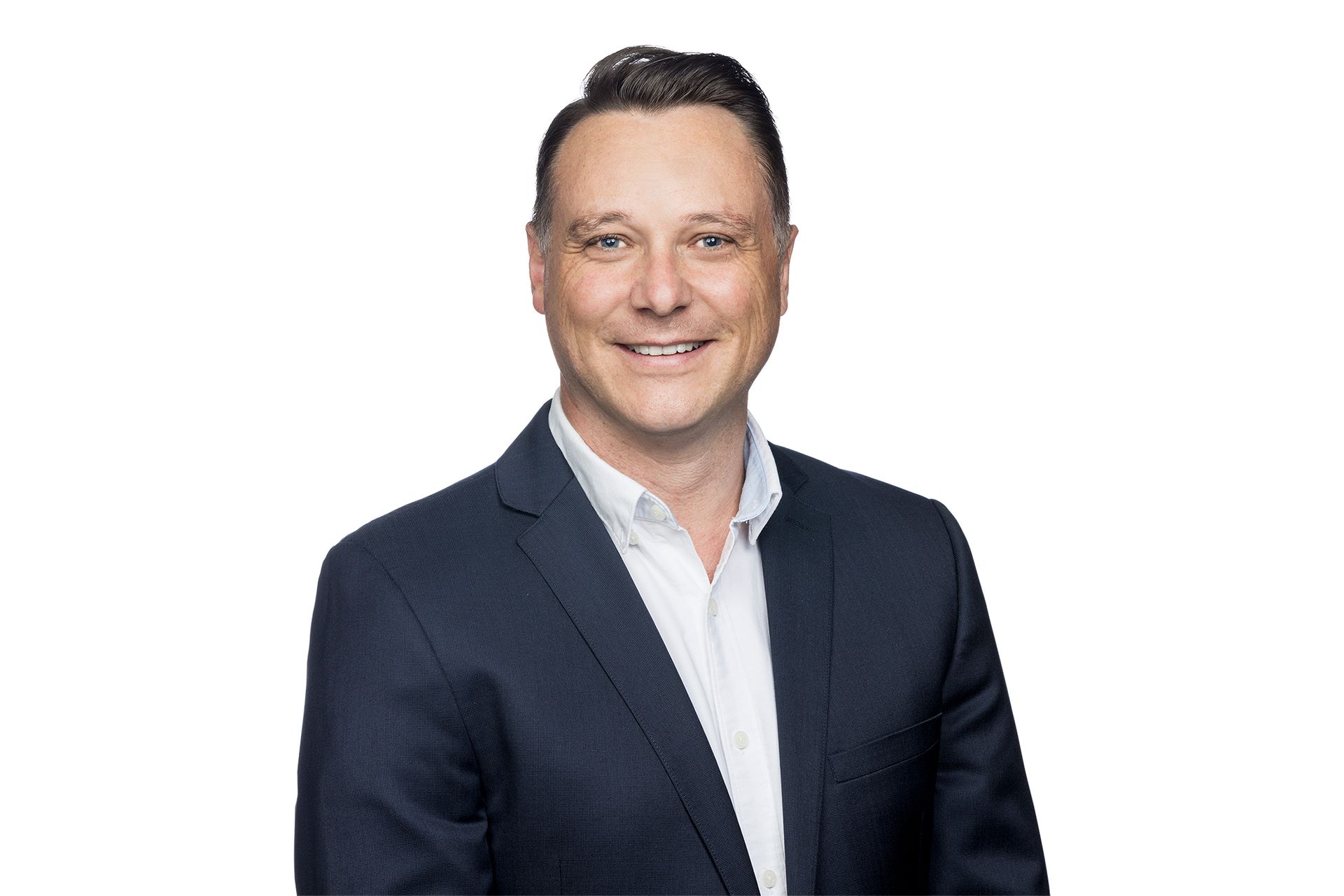
Pete Zmuda - Safety, Health, Environment & Training Director
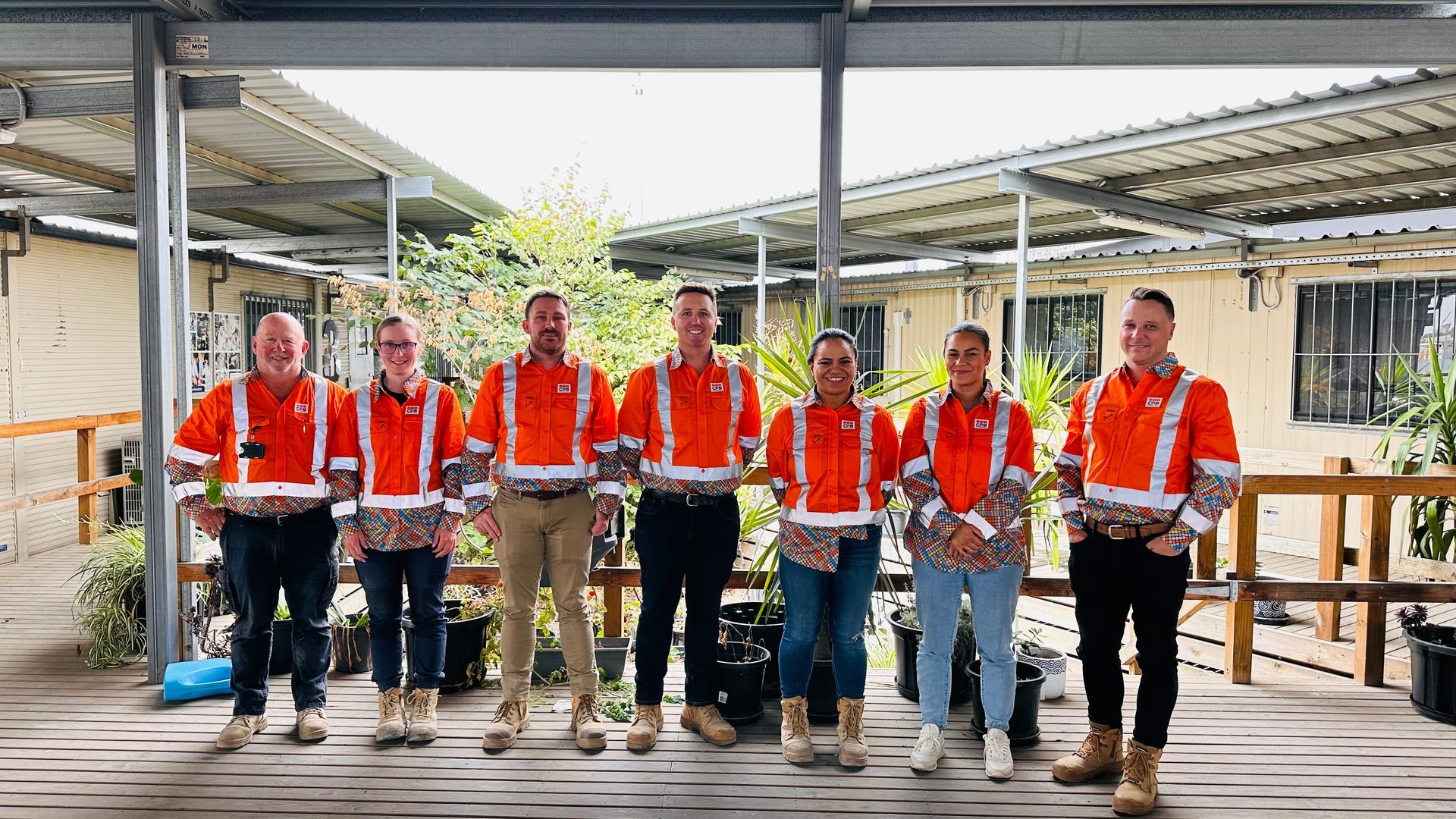
Meet the Team
Reach out for a confidential discussion on how Zenergy can help with your next career move.
Contact Zenergy today on 1300 333 400 or email info@zenergygroup.com.au
Contact Us
We will get back to you as soon as possible.
Please try again later.
Zenergy News
Contact Us
For more information on our services feel free to email us on -
info@zenergygroup.com.au or call 1300 333 400
Sydney
25 Brisbane Street
Surry Hills
Sydney NSW 2010
Melbourne
Level 23, Tower 5, Collins Square
727 Collins Street
Melbourne VIC 3008
Brisbane
Level 54, 111 Eagle Street
Brisbane QLD 4000
Perth
108 St Georges Terrace
Perth WA 6000
Recent News
© ZENERGY 2022 | Privacy Policy |


